Mumpreneurs line up for national business awards
EXTRA >>
NOMINATIONS are now open for Australia and New Zealand’s biggest awards program for ‘mum entrepreneurs’ – the AusMumpreneur Awards.
Major naming rights for this year’s award series is St George bank. ‘Mumpreneurs’ are the fastest growing new business sector, with thousands of Australian women starting businesses each year to enable them to work around their children. 
The AusMumpreneur Network (AMN) was formed by Peace Mitchell Katy Garner as a rallying organisation to assist this sector.
This is the fifth year of the AusMumpreneur Awards and the business mum community is growing at lightning speed, according to the organisers.
“These exciting award and conference events provide unique opportunities for women from all over Australia and New Zealand to come together to gain new skills, connect with fellow mumpreneurs, learn from leading business experts and celebrate the success of the best and brightest in the industry,” Ms Mitchell said.
Ms Garner said, “The mumpreneur community is incredibly friendly and supportive, with members helping each other and working together on projects. It’s so exciting to see what develops when women in business get together.”
There are 12 categories in this year’s St George AusMumpreneur Awards, with three judged and nine open to public voting.
Awards will be presented at a gala event on Saturday, October 11, at Rydges Swanston, Melbourne, during the AusMumpreneur Conference.
The AusMumpreneur Network is also offering a scholarship this year, allowing deserving mums in business to attend the AusMumpreneur Conference, with $2 from every awards entry supporting this program.
The judged categories are: Emerging AusMumpreneur (two years in business or under); Rising Star AusMumpreneur (3-5 years in business); AusMumpreneur of the Year (more than five years in business).
People’s Choice categories are:
· Blog Award – most popular blog
· Retail Award – most popular online or bricks and mortar retail business
· Service Award – most popular service-based business
· Customer Service Award – excellence in customer service
· Eco-friendly Award – most popular environmentally-friendly business
· Handmade Award – most popular business producing handmade products
· Making a Difference Award – most popular business or non-profit entity doing good things for others
· Direct Selling Award – most popular party plan or direct selling business
· Product Innovation Award – most popular business that has invented their own unique product/s.
Business owners can nominate themselves or others via this link: http://ausmumpreneur.com/ausmumpreneur-awards-2014-nomination/
ends

 How to resolve AdBlock issue?
How to resolve AdBlock issue? 
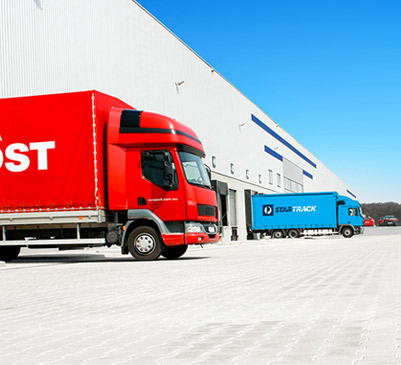
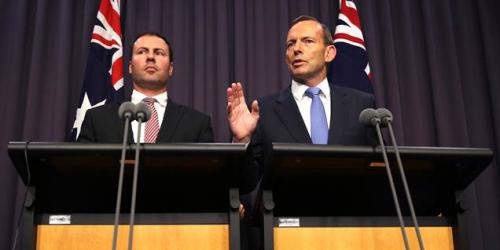
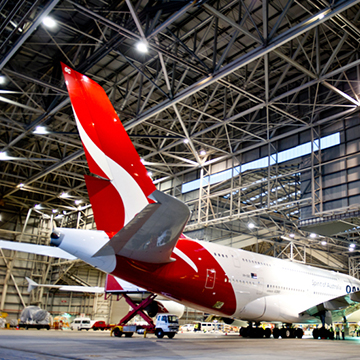
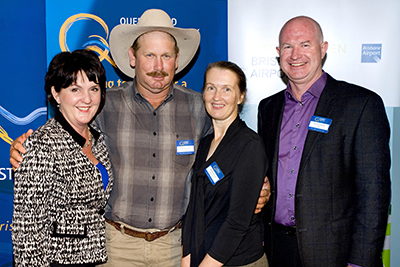
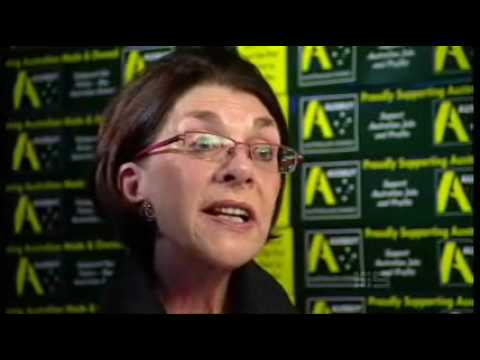 AUSTRALIAN-owned business advocacy group Ausbuy claims the dispute over labelling products utilising palm oil is another example of other countries being “the tail wagging the Australian dog”.
AUSTRALIAN-owned business advocacy group Ausbuy claims the dispute over labelling products utilising palm oil is another example of other countries being “the tail wagging the Australian dog”.